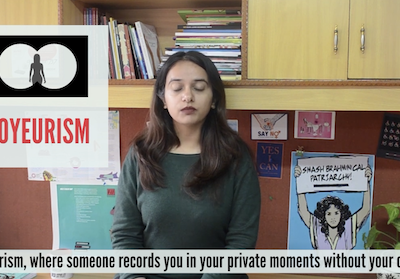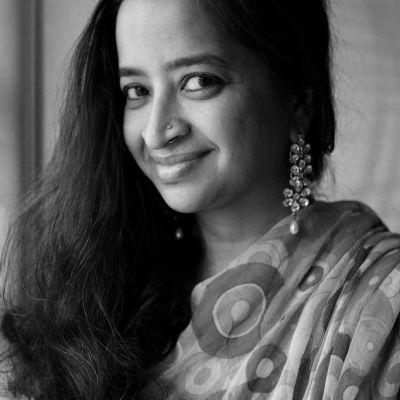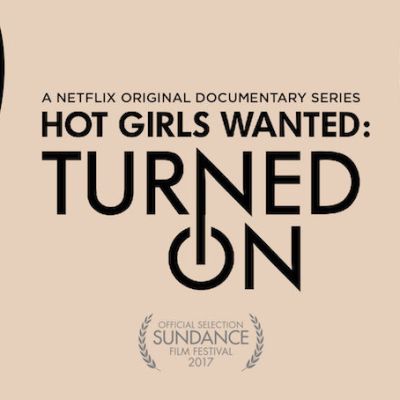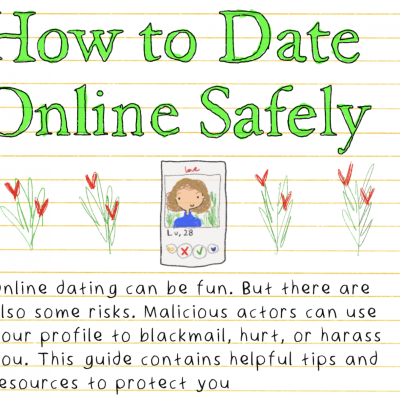sexting
Japleen Pasricha, founder of Feminism in India, lays bare the violence women, LGBTQIA+ folks, and historically marginalised communities face in online spaces, ranging from identity theft, bullying, trolling, to having our private photographs and details disseminated without our consent and being blackmailed.
Typos are speed breakers, and autocorrect has kinky preferences
Sexting is ALL about consent. Consent to RECEIVE a sext, consent to portray yourself in one. Keep this in mind, because one of the reasons sexting receives such a bad rap is because of what might happen after – dissemination of intimate images and content WITHOUT CONSENT.
The virtual world allows me to challenge the hold of patriarchy on my ‘effeminate’ body; in a sense, it allows me to evade the policing of desire that my body shares with another, its flows and slippages, the messy and the unkempt.
Body image, body shaming, fat shaming. Familiar. Heart image, heart shaming, self-shaming. Expanding the same concept. You know how the…
I was watching something recently that said it was a bad thing to be vulnerable, but I don’t think it is a bad thing. I do see that there is a certain amount of power in vulnerability, it also needs courage, in my experience.
The film Hot Girls Wanted followed the journey of five young women aged 18-25 years as they joined the pornography industry and also looked more broadly at at women in this age group and their motivation to join.
Because the Internet is an integral part of our daily lives, it is important that young people are given the right information so that they can explore the world around them, access information without violating legislations, know their rights in the virtual and physical world and have enjoyable and consensual relationships with whoever they choose.
Online dating can be great fun but it comes with some risks. This quirky and in-depth Digital Security Guide by Access Now on How to Date Online Safely tells us how we can engage with fellow dating-app users while making sure we are safe from harm.
You see, numbers are tricky, data is tricky. More importantly, data is dehumanising. Add sexuality and intimacy to this and the waters get even murkier. Maybe it’s good to leave a few things unaffected by too much data. Maybe we do not want to talk about data and sexuality. Maybe we instead want to talk about why data around gender and sexuality must not be recorded, and instead, maybe focus on why we should honour every kind of sexual preference which is within the purview of the safe and consensual.










